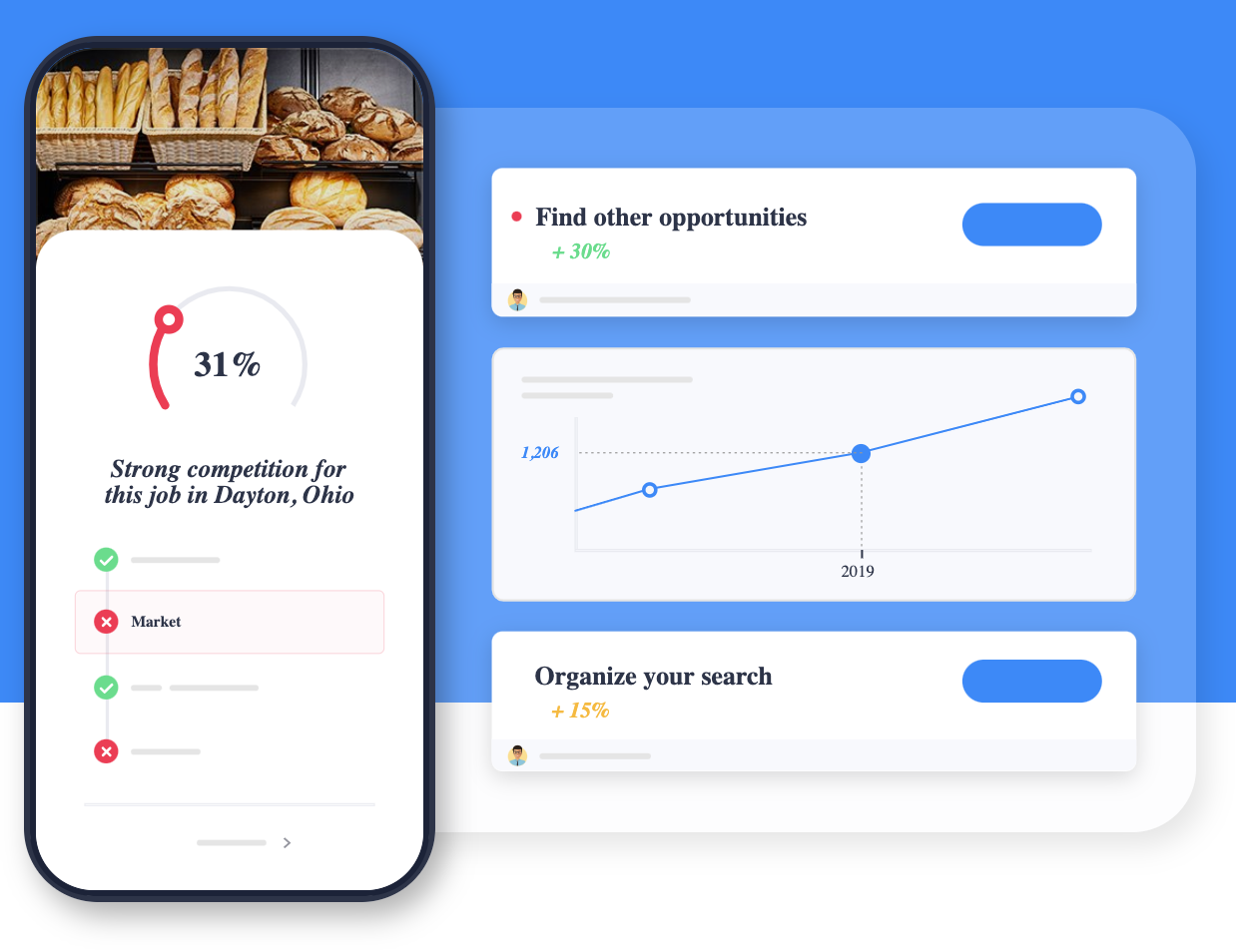Artificial intelligence and humanity: One man's quest to make data serve people
November 24, 2020 | By Kristin KloberdanzFresh out of college in 2013, Paul Duan found a lucrative job as a data scientist in Silicon Valley. But despite the six figures and the illustrious path ahead of him, he says one quote from an early social media engineer kept running through his mind: “The best minds of my generation are thinking about how to make people click ads.” “I felt something was missing in my sense of purpose,” he says.
Duan, the son of Chinese immigrants in France, says he started volunteering to help the homeless in San Francisco as a way to make a personal impact. “In my daily life as an engineer, we were always talking about innovation and scaling things up and having an impact on big numbers and getting millions on your website by leveraging technology,” he says. “But when we would talk about things more meaningful, like doing good, there was none of that."

In 2014, he started a nonprofit, Bayes Impact, to use technology for the common good. The Bayes Impact team created a data-tracking web tool to help the state of California reduce police violence. The team also developed fraud-detecting algorithms to help a microfinance organization in Africa, and worked with the federal government to help veteran return to civilian life.
But in 2016, Duan realized there was a way to have an even bigger impact. “I realized that technology has to empower individuals to change their lives.” He believed he could do that first by helping people find jobs.
So Bayes Impact created Bob, an AI-driven app that helps job seekers improve their searches. The user answers basic questions such as how many interviews they have completed, how many applications they have filled out, and whether or not they have recently updated their resume. The app then offers advice such as different neighborhoods to search in or suggests counseling the job seeker can access.
That same year, Duan moved back to France, a country that has struggled with mass unemployment for decades. “It’s very important to deliver personal advice to job seekers because research shows it improves outcomes down the line,” he says. Personal job coaching is, of course, expensive and difficult to scale. “It seemed like a great opportunity to find algorithms to digitize this process.”
Last year, Duan joined an accelerator sponsored by the Mastercard Center for Inclusive Growth and The Royal Society for Arts, Manufactures and Commerce (RSA)’s Future of Work Centre. The program, which encourages people to think about how the workforce is rapidly changing, “prompted us to think about the next step,” Duan says. “It helped us think about how to integrate our technology with public services to increase our impact.” He has put that learning into practice by working closer with governments so Bob is a seamless and integrated part of the employment system, rather than a stand-alone app.

This fall, Duan is working with the Center for Inclusive Growth on a new partnership. “We are now adding career and up-skilling advice to workers in more precarious positions,” he says. “Up until now, Bob was mostly providing short-term advice for the unemployed. We’re working with the Center so that Bob can help anyone think about their career plans.”
Currently Bob is in the hands of 250,000 users in France. Duan plans to expand into the United Kingdom, the United States and Belgium over the next year.
“There are a lot of cool social innovations that exist out there, but you have to graduate from being just a cool innovation to a key system that is an integral part of people’s lives,” he says. “We’ve come to realize that Bob can be something core to the way that we care for workers.”